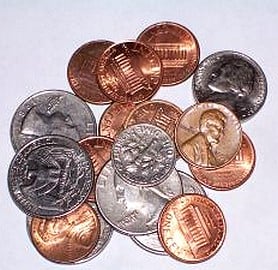The strategy of giving everything away often creates as many hassles as it solves. Why charging just a little can be smarter than charging nothing at all.
Why? Because free costs too much, weighed down with hassles that you’ll happily pay a little to do without. That’s why people buy bottled water and cable TV.
That’s also the model that The Wall Street Journal uses to goad people into paying for news online. Anyone can read its stories for free through Google or a news-aggregation site like Digg, but people who want the full newspaper experience pay $103 a year for the privilege. More than a million subscribers consider that a good deal.
This isn’t an anomaly, either. According to a recent study by the private-equity firm Veronis Suhler Stevenson, consumers now spend more time reading or watching media they’ve paid for than free media.
There are also natural advantages to charging a price — for starters, revenue, which can fund such extravagances as marketing and support.
Google’s free cell-phone operating system, Android, has had a tough time competing with Apple’s iPhone in part because Apple has the funds to spend big sums on advertising and to staff its Genius Bars.
Apple makes an enormous profit on each iPhone; Google, meanwhile, will make money only incidentally — through advertising revenue from people who use Google products on their phones.
Even Google is starting to learn this lesson. You can run Gmail and its office suite for free, but if you’d like tech help, better reliability, and someone to blame when everything goes wrong, you have to pay.
Perhaps Google should take this strategy more to heart. If rock-bottom prices don’t work out for Chrome OS or Android, there’s only one way to go: up.
Photo by Arcelia.
